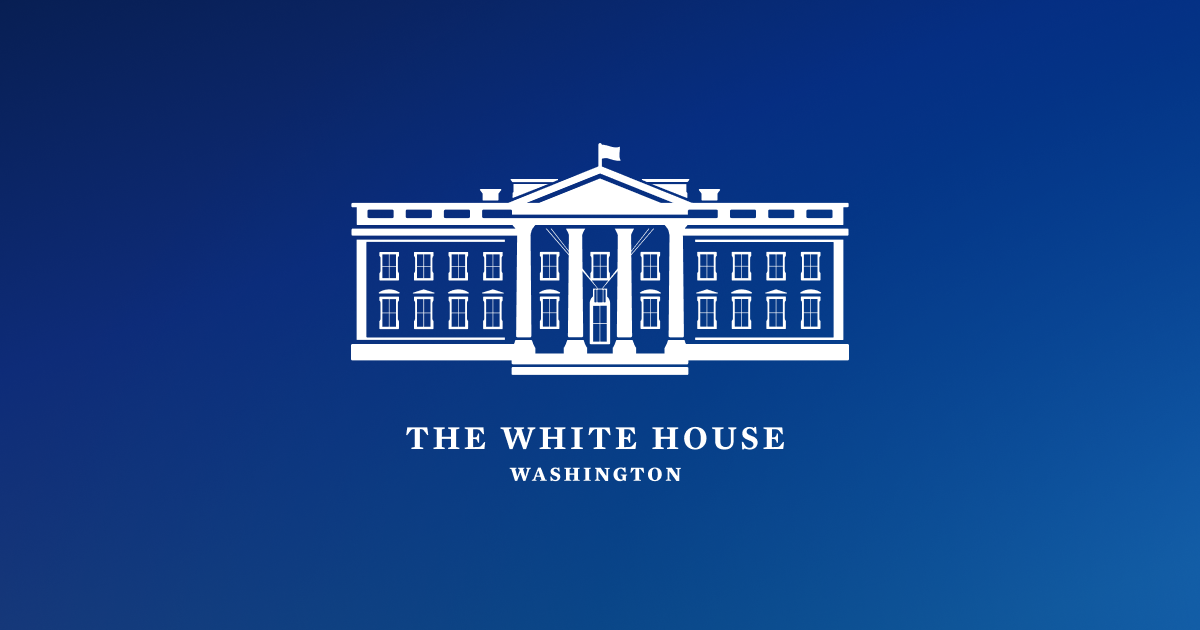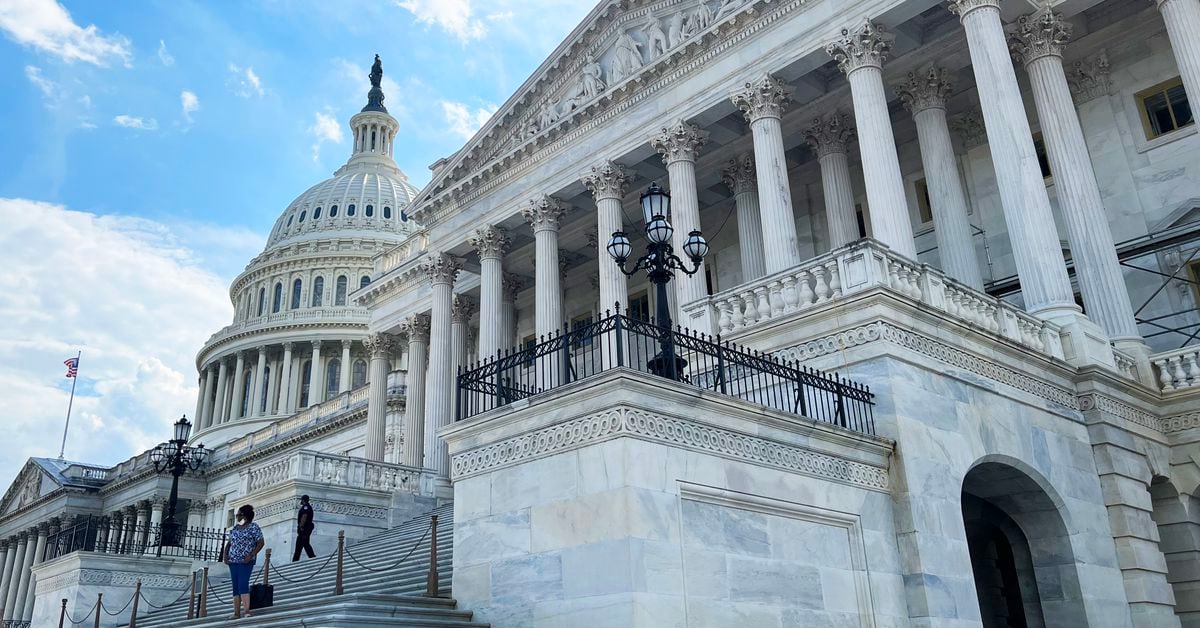The crypto industry recently held a Consensus 2023 industry event in Austin, Texas. It was a 3 day event featuring numerous panels/sessions with speakers/representatives from both crypto and non-crypto companies/industries as well as representatives from various government regulators.
The event covered many topics including:
- efforts by large, mainstream companies like PepsiCo that are looking for opportunities in the crypto space
- a merger of traditional finance with blockchain governance
- plans by large banks to innovate in tokenizing traditional-financial assets
Valid Criticisms or Propaganda?
Anti-crypto voices have tried to vilify the crypto industry on environmental concerns - claiming that crypto consumes too much energy. However, like most nascent technologies, they evolve with innovation when there is sufficient interest.
Bitcoin (BTC) was the first crypto coin and it was built on a "proof of work" model. This model is energy intensive by design and it also didn't scale well for handling a large volume of transactions. So, "proof of stake" crypto were developed that were orders of magnitude more efficient and scalable. Ethereum (ETH) transitioned from a proof of work model to a proof of stake model for this reason - and it's still not done being developed. Stellar (XLM) was developed on another "proof of agreement" model that claims to be several more orders of magnitude more efficient than proof of stake models - and even more energy efficient than traditional finance like credit cards:
The efficiency of proof of work and proof of stake based cryptos are still being improved in many cases by the development of new technologies like parallel blockchains (aka parachains, cross chains, etc.) that distribute transaction loads and zero knowledge proofs (which could be very significant for Bitcoin in particular).
In addition to the developers of various crypto projects being sensitive to the energy costs from a design standpoint, the decentralized network of node operators (and bitcoin miners) that implement the crypto protocols (than operate the computer servers on the network) are also increasingly using more green energy sources:
... There has also been a shift toward using more renewable energy sources to power cryptocurrency mining. One 2020 study found that around 39% of the energy consumed by PoW cryptocurrencies is from renewable energy sources, up from 28% reported in a previous study. This percentage is likely to rise as renewables become more affordable in the future.
...
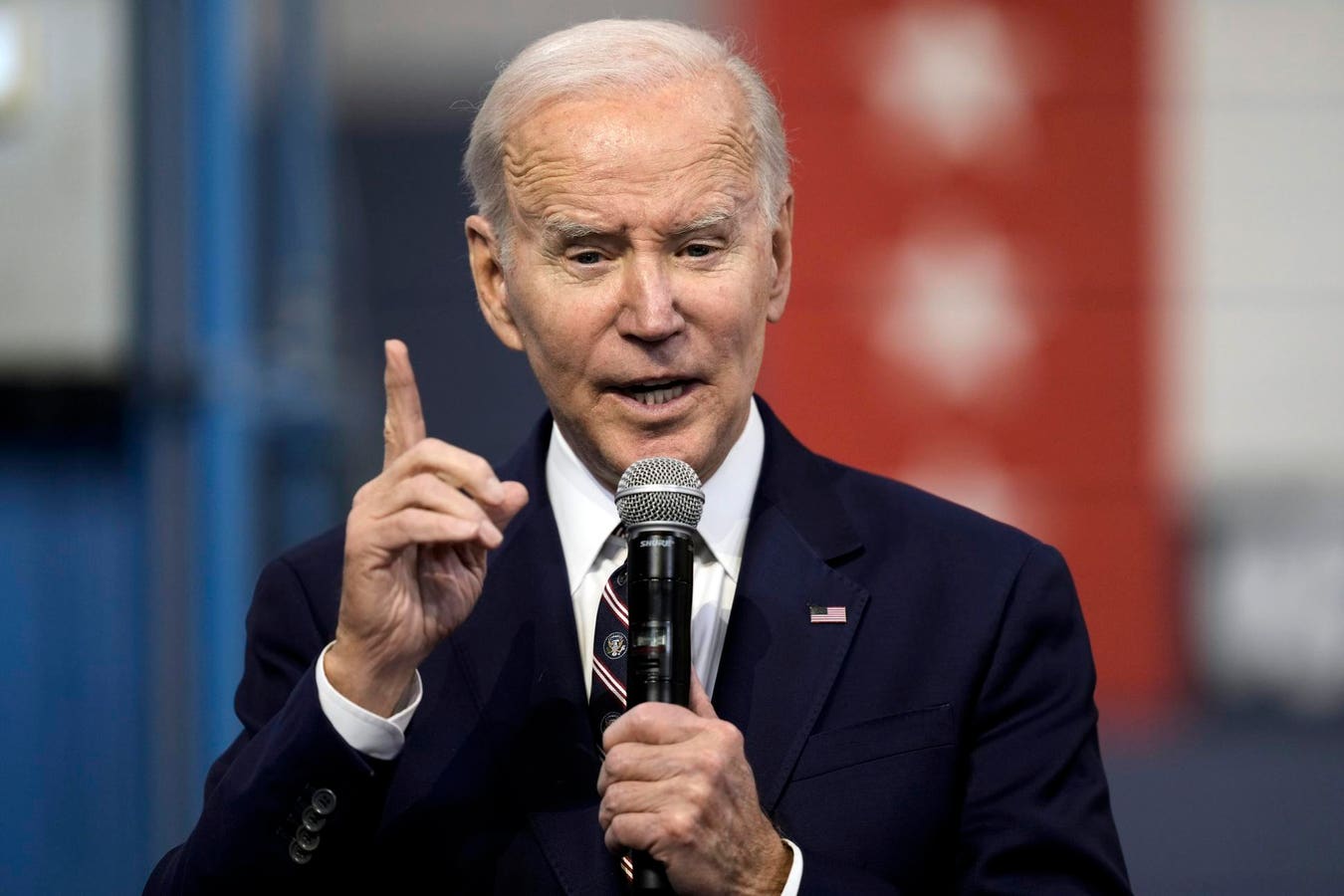
Biden's 30% Crypto Electricity Tax May Be Too Blunt A Solution
In his latest budget for Fiscal Year 2024, President Biden has proposed a new tax on electricity use from cryptocurrency mining.
 www.forbes.com
www.forbes.com
Crypto Threatened by Government Hostility
The Biden administration has been very open about their hostility to the crypto industry:
January 30 said:It’s a safe bet that 80-year-old President Biden—like his 76-year-old predecessor—has never bought Bitcoin, used a stablecoin, or tried out Web3. But that didn’t stop Biden’s underlings at the White House from issuing a blog post on Friday, decrying crypto as predatory and dangerous. The document reads like a diatribe and even has a whiff of moral panic—as if Biden had instructed the makers of Reefer Madness to turn their attention to digital currency.
...
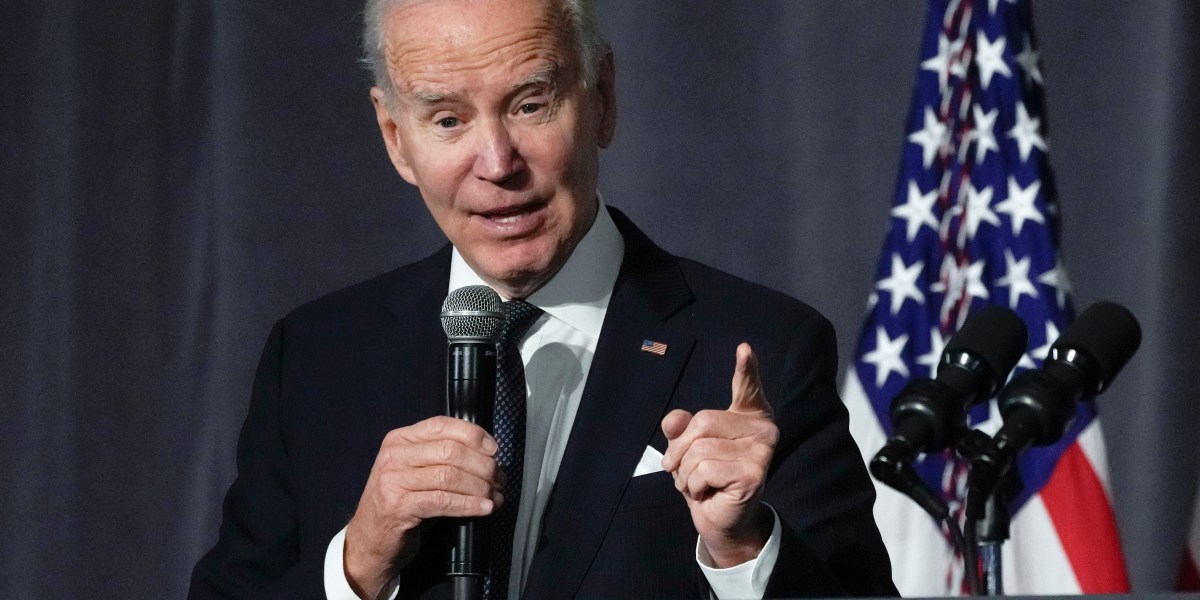
The Biden White House just rolled out some of its most anti-crypto language yet. They may regret it | Fortune
The White House rolled out an aggressive anti-crypto stance that could come to bite Democrats in the long term.
Mar 22 said:The White House Council of Economic Advisers delivered a 35-page takedown of the idea that digital assets like Bitcoin are useful as an alternative to government-backed currency, the claim that crypto’s underlying distributed ledger technology could have some utopian application, and the notion that it could serve as a hedge against inflation.
“Although the underlying technologies are a clever solution for the problem of how to execute transactions without a trusted authority, crypto assets currently do not offer widespread economic benefits,” the council writes. “They are largely speculative investment vehicles and are not an effective alternative to fiat currency. Also, they are too risky at present to function as payment instruments or to expand financial inclusion.”
The extended crypto criticism, which fills one chapter in a book-length annual report the White House sends to Congress each year, represents a stark change in tone from President Joe Biden’s administration.
One year ago, Biden signed an executive order asking federal agencies to look at ways of curtailing the risks of crypto without stifling “financial innovation.” This week’s report makes clear the White House thinks crypto can’t innovate much besides the same kinds of financial disasters that prompted Congress to regulate the banking industry a century ago.
...
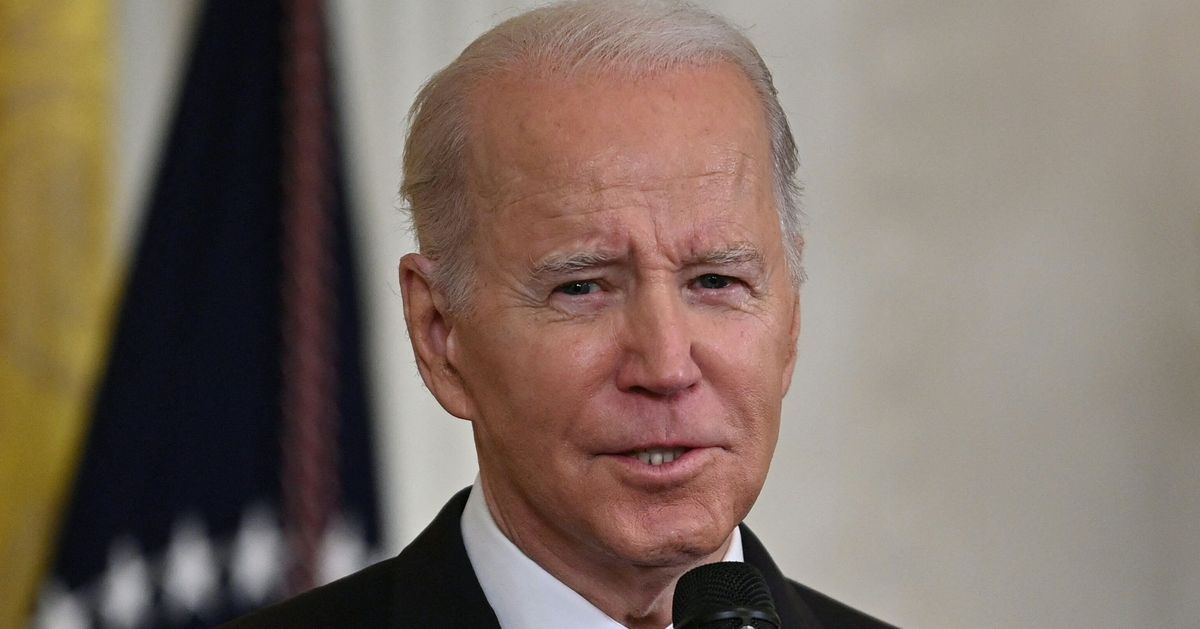
White House Slams Crypto As Offering 'No Widespread Economic Benefits'
The Biden administration has soured on crypto after several high-profile industry failures.
Crypto faces similar hostility within the legislative branch from a group of Senators led by Elizabeth Warren.
...
Now, influential Democrat senator Elizabeth Warren has signaled she's "building an anti-crypto army" as part of her re-election campaign following a warning from crypto lobby group Coin Center that a crackdown on TikTok could pave the way for a bitcoin ban.
"I’m in this fight to put our government on the side of working families," the former U.S. presidential hopeful posted to Twitter, embracing a quote from a recent Politico profile that said she's "building an anti-crypto army."
Warren, who is on the Senate Banking Committee that oversees the U.S. Securities and Exchange Commission (SEC), has been at the vanguard of a slew of anti-bitcoin and crypto bills that have been introduced over the last year.
...
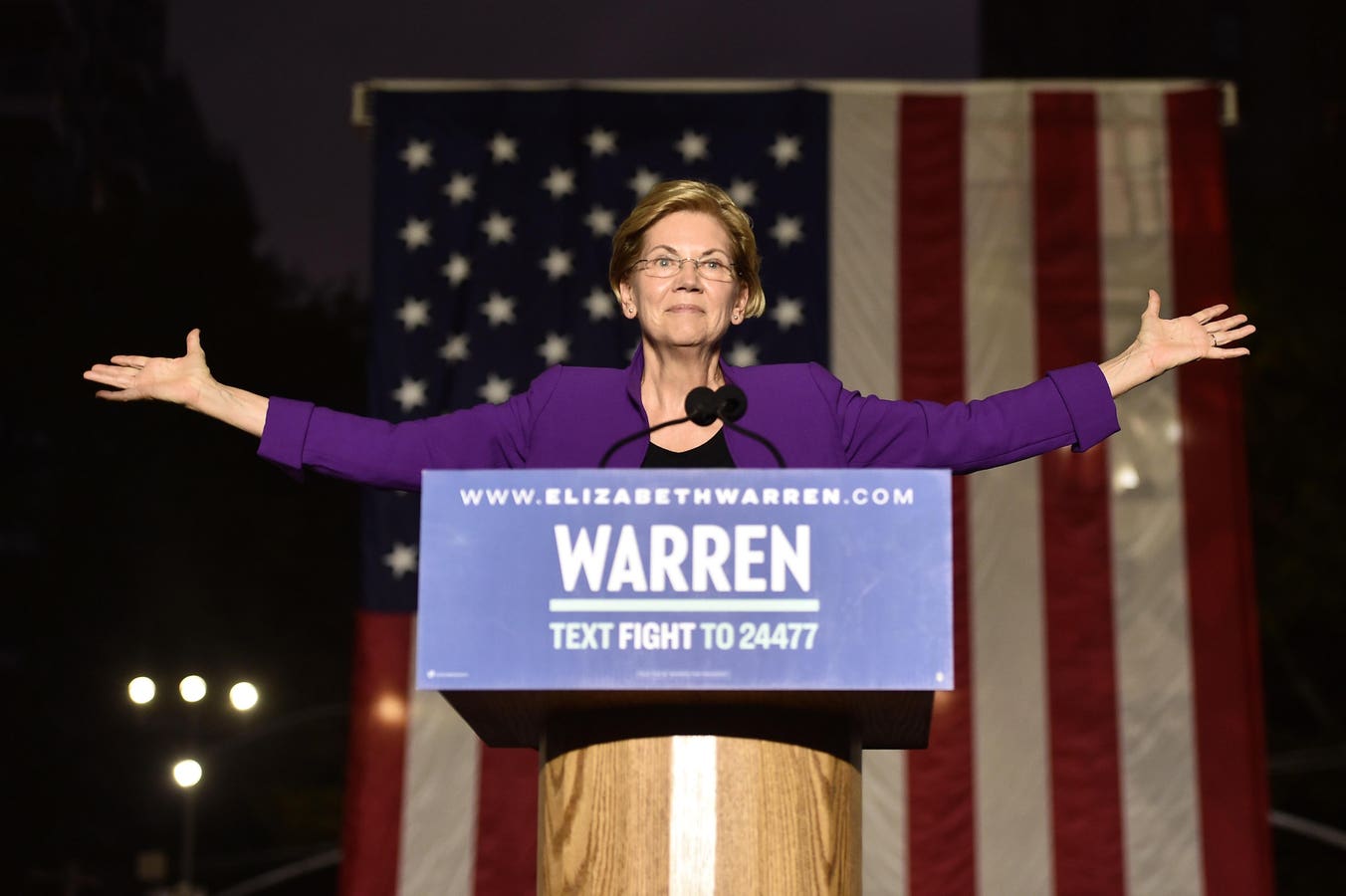
Elizabeth Warren Is Building An ‘Anti-Crypto Army’—Feeding Serious U.S. Bitcoin Ban Warnings
Bitcoin and crypto companies are struggling with the growing possibility that the U.S. is trying to "quietly" ban bitcoin...
 www.forbes.com
www.forbes.com
Three Pronged Attack
The American government is currently employing a three pronged attack on the crypto industry in an attempt to suffocate it.
Prong number one makes headlines in most news media and involves the SEC purposefully maintaining vague guidance and attacking companies with lawsuits. Their behavior has been so egregious that it has drawn dissent from their own ranks and from Congress. The SEC has apparently been tasked to be the Biden administration's Shawshank warden Samuel Norton in obtusely responding to the crypto industry. There really isn't any other way to explain SEC chair Gensler's blatant hypocrisy.
Prong number two has flown under the radar of most news media and involves the revival of Operation Choke Point - an Obama era program that aimed to de-bank lawful industries that the administration disfavored. The operation was shut down circa 2017, but is now making a comeback targeting the crypto industry. Cooper & Kirk, a law firm that sued FDIC, OCC & Fed over the original Operation Choke Point, published a detailed summary of Operation Choke Point 2.0.
Former Congressman Barney Frank, a board member of Signature Bank, alleged that the bank was solvent and seized by regulators to debank it's crypto clients. The move sparked contagion in the regional banking industry and prompted some members of Congress to question the FDIC's actions. When the FDIC solicited bids for Signature bank, they split off Signature's crypto clients effectively de-banking them.
The third prong involves legislation and executive orders designed to handcuff the crypto industry including increasing taxes on bitcoin miners and regulations.
Stablecoins - Kind of a Big Deal
Stablecoins, such as US Dollar Coin (USDC) and Tether (USDT), are cryptocurrencies that are backed by national currencies. They are essentially tokenized forms of the underlying legal tender they represent. Unfortunately for the Federal reserve, US Treasury Dept., etc., they enable transactions that do not process through the US banking system. As such, they have drawn particular interest from the Biden administration.
Stablecoins provide an open door for global entities to conduct dollar denominated transactions that could bypass US sanctions. They provide an opportunity for people in nations with high inflation to save money in dollar denominated currency that bypasses official dollar exchanges (or prohibitions). The adoption and growth of stablecoins would appear to be a direct threat to any possible plans for a Central Bank Digital Currency (CBDC).
Futile and Stupid Gesture
The Biden administration's effort are provoking a chilling effect of the domestic crypto industry and forcing much of America's leadership in innovation and development to expatriate to friendlier shores. What the Biden administration does not appear to realize is that crypto is global. They are not going to be able to choke the global industry with an iron fist. Pandora's box has been opened. The crypto industries will continue to innovate and grow with new financial and commercial applications. It will be a true shame if America abdicates their position in leading the charge.
Last edited:





